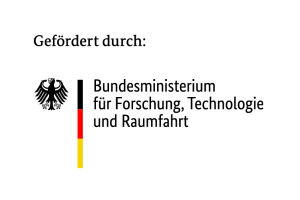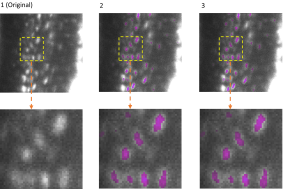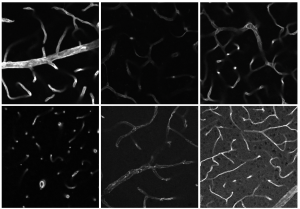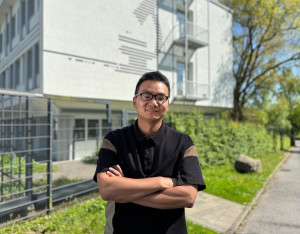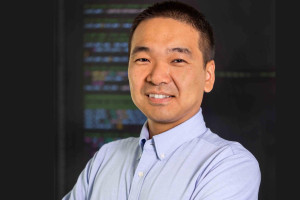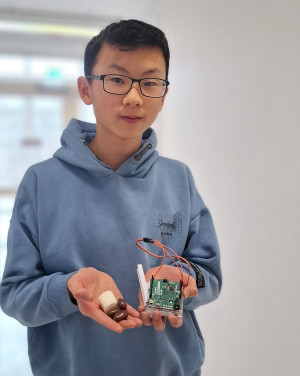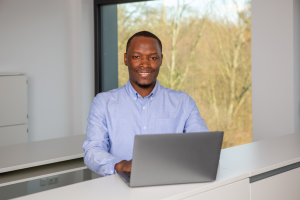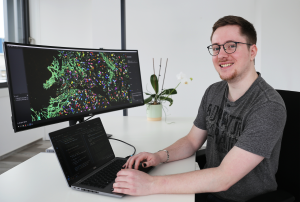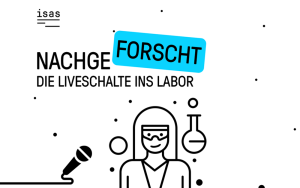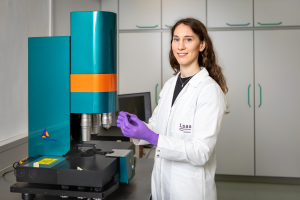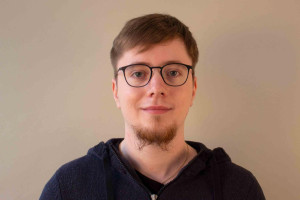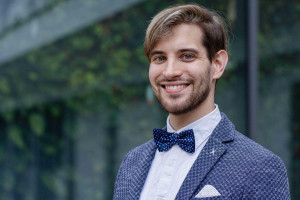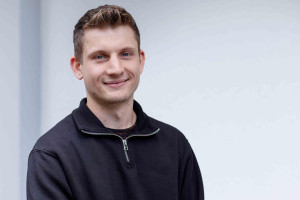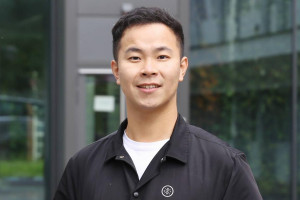The aim of the junior research group AMBIOM – Analysis of Microscopic BIOMedical Images, which is funded by the Federal Ministry of Research, Technology and Space (Bundesministerium für Forschung, Technologie und Raumfahrt, BMFTR), is to enable a high analytical throughput of microscopic images. The research group plans to develop algorithms and methods (open source) by 2026 that will allow countless image data worldwide to be analysed automatically, quickly and economically.
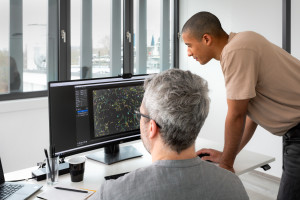
© ISAS / Hannes Woidich
Focus: large 3D microscopy imaging data
The research group concentrates on the development of scalable AI-based biomedical image analysis algorithms, particularly for large 3D microscopy image data. AMBIOM’s work aims to allow broad-based new studies on the development of diseases and their consequences at the level of entire organs and organ systems. Furthermore, the AI analysis methods developed at ISAS are intended to help doctors in making diagnostic and therapeutic decisions.
The MSCoreSys associated junior research group AMBIOM – Analysis of Microscopic BiOMedical Images is funded by the Federal Ministry of Research, Technology and Space (Bundesministerium für Forschung, Technologie und Raumfahrt, BMFTR) under the funding reference 161L0272.
